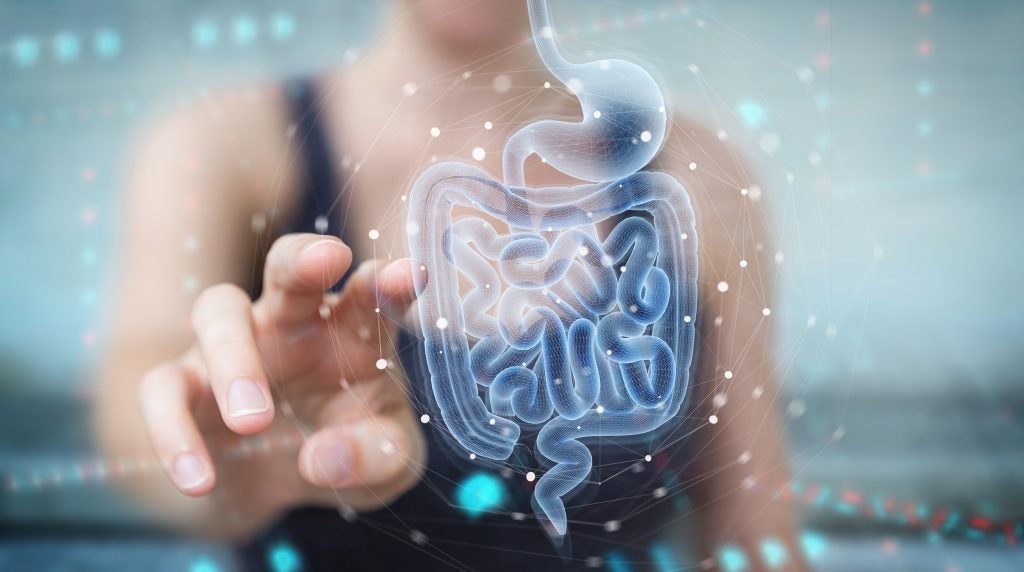
Edulcorantes bajos en calorías y sin calorías con relación a la microbiota intestinal
02/marzo/22
A Lobach, A Roberts y I Rowland
En el presente estudio se discutieron los principales contribuyentes conocidos en las fluctuaciones de la microbiota intestinal y se evaluó la literatura científica relevante sobre el potencial de edulcorantes no calóricos (ENC) para afectar la microbiota intestinal, en particular con respecto al potencial de cualquier resultado adverso para la salud.
Los autores concluyeron que:
- La composición de la microbiota intestinal humana está influenciada por muchos factores dietéticos.
- Los cambios en la dieta no relacionados con el consumo de los ENC son los principales determinantes del cambio de la microbiota intestinal
- En los estudios, las exposiciones a ENC excedieron típicamente la ingesta diaria admisible (IDA); por tanto, la relevancia humana es limitada.
- Los estudios actuales no muestran evidencia de efectos adversos de los edulcorantes en la microbiota intestinal.
ABSTRACT
“Low/no-calorie sweeteners (LNCS) are continually under the spotlight in terms of their safety and benefits; in 2014 a study was published linking LNCS to anenhanced risk of glucose intolerance through modulation of the gut microbiota. In response, an in-depth review of the literature was undertaken to evaluate themajor contributors to potential changes in the gut microbiota and their corresponding sequelae, and to determine if consuming LNCS (e.g.,acesulfame K, aspartame,cyclamate, neotame, saccharin, sucralose, steviol glycosides) contributes to changes in the microbiome based on the data reported in human and animal studies. Afew rodent studies with saccharin have reported changes in the gut microbiome, but primarily at high doses that bear no relevance to human consumption. This andother studies suggesting an effect of LNCS on the gut microbiota were found to show no evidence of an actual adverse effect on human health. The sum of the dataprovides clear evidence that changes in the diet unrelated to LNCS consumption are likely the major determinants of change in gut microbiota numbers and phyla,confirming the viewpoint supported by all the major international food safety and health regulatory authorities that LNCS are safe at currently approved levels”.
Para revisar el artículo completo accede a:
https://linkinghub.elsevier.com/retrieve/pii/S0278-6915(18)30878-0
Referencia
- Evaluación de los datos in vivo de los edulcorantes bajos en calorías / sin calorías y la microbiota intestinal. Lobach ar, et al. Food and chemical toxicology. 2019;124:385-399. Disponible en: https://linkinghub.elsevier.com/retrieve/pii/S0278-6915(18)30878-0